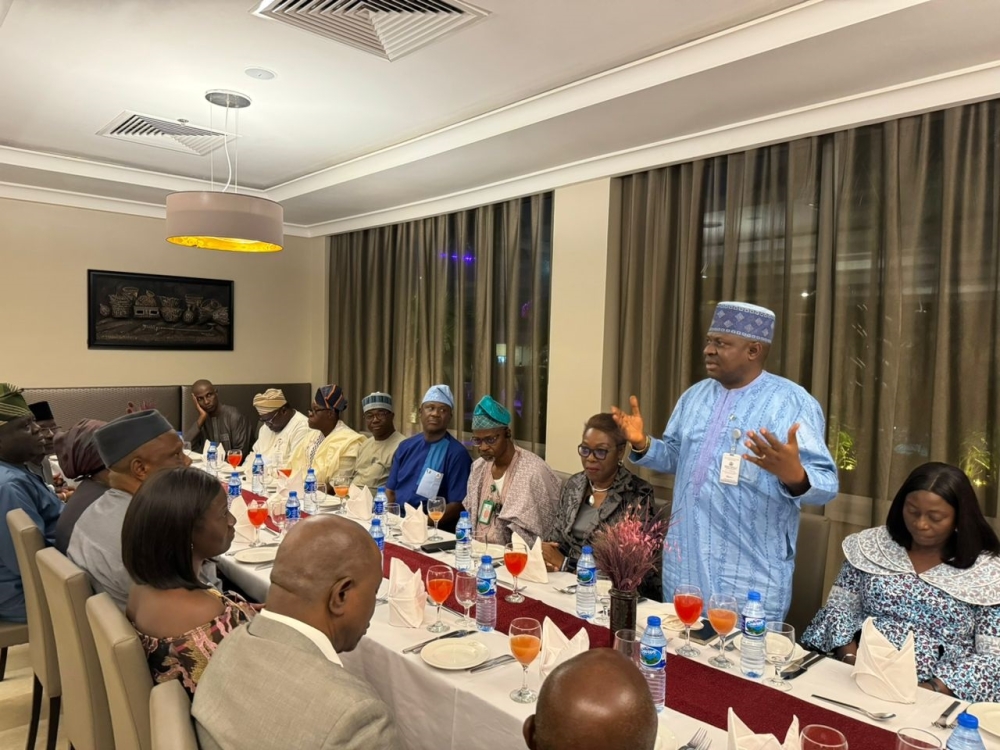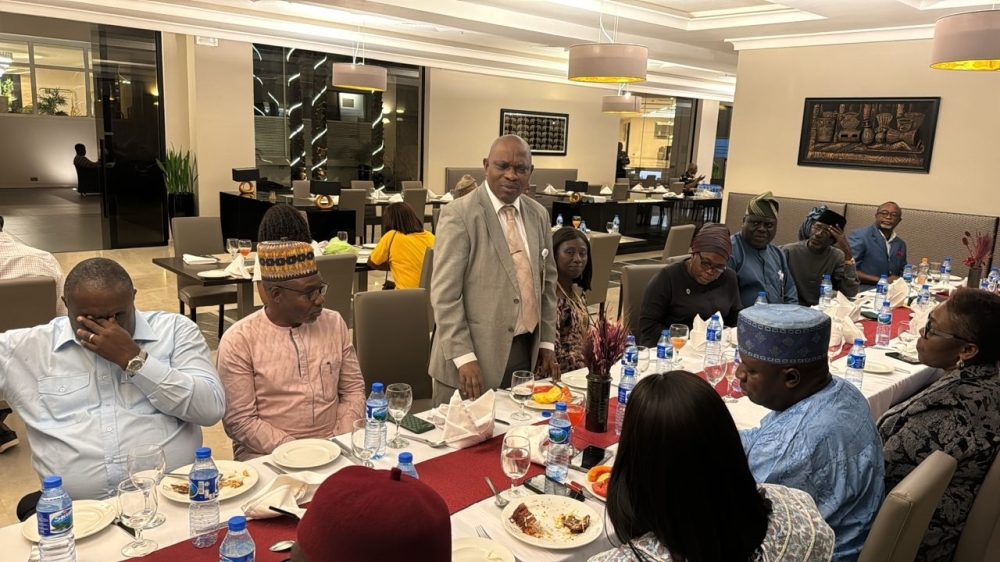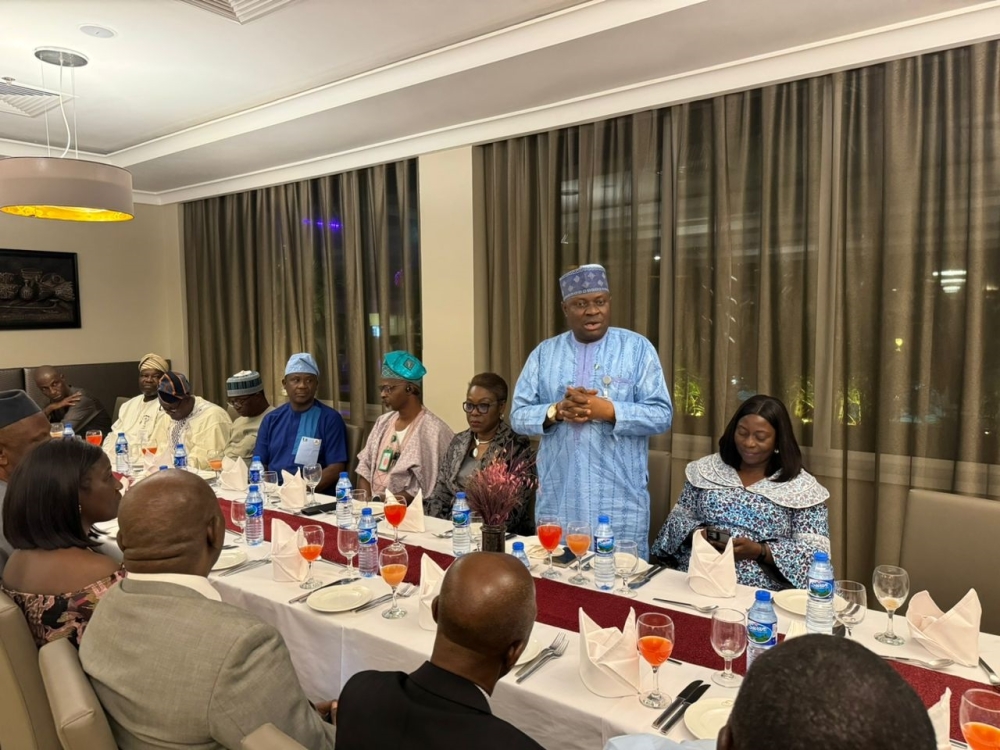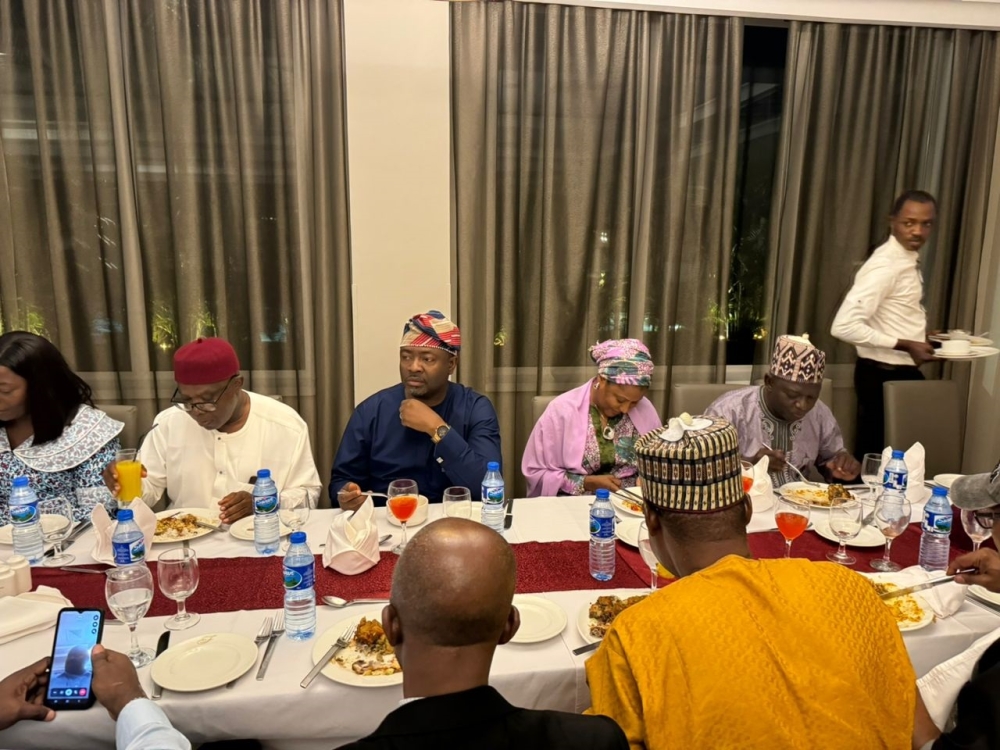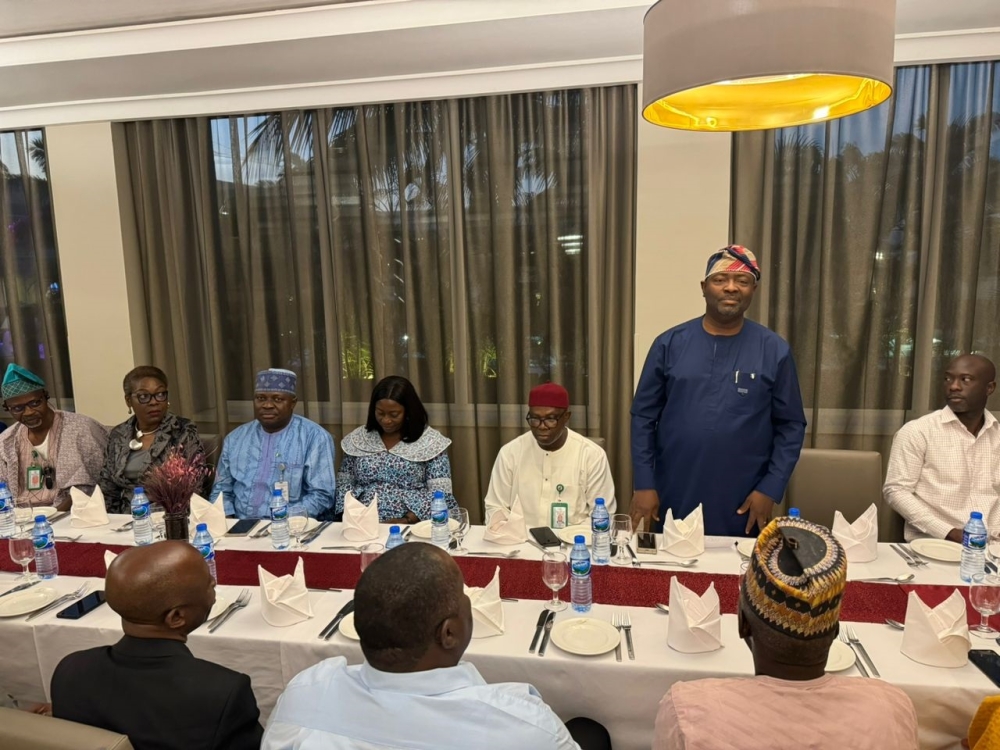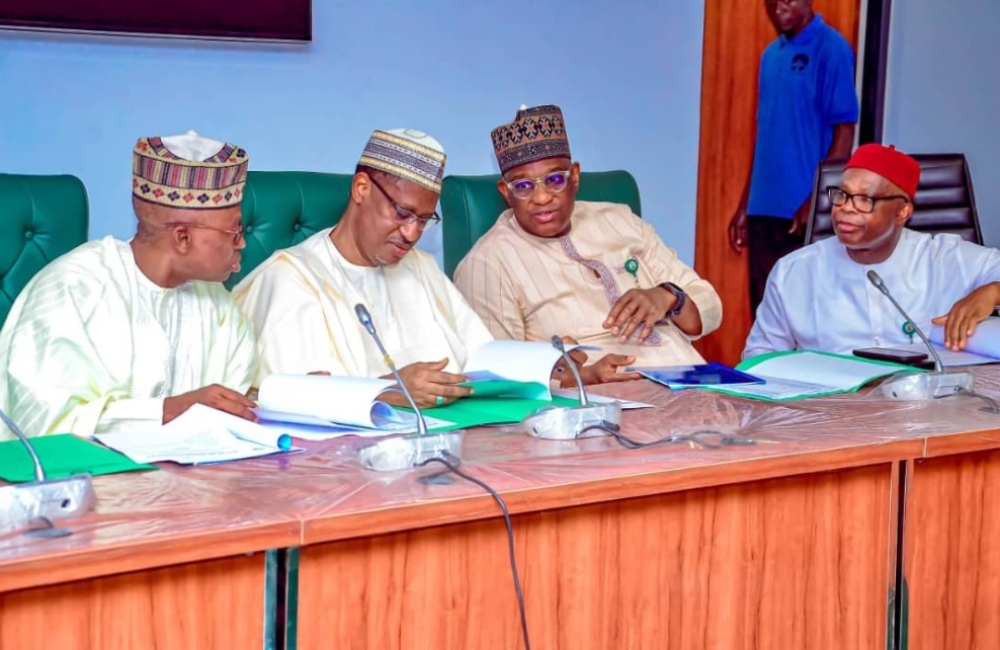
Housing Ministry, National Assembly Advocate Robust Funding for Housing Sector
The National Assembly has called for increased and sustained funding for the housing sector, recognising its critical role in economic growth, job creation, and national development.
This position was expressed during the 2026 budget defence of the Federal Ministry of Housing and Urban Development before the Senate and House of Representatives Committees.
The Senate Committee on Lands, Housing and Urban Development is chaired by Senator Aminu Waziri Tambuwal, while the House of Representatives Committee on Housing and Habitat, is chaired by Hon. Abdulmumin Jibrin.
During the session with the Senate Committee, Chairman Senator Aminu Waziri Tambuwal reaffirmed the Senate’s commitment to supporting policies and funding mechanisms that will strengthen housing delivery nationwide.
“Housing delivery remains central to national development, and the Senate will continue to support initiatives that expand access to affordable homes and strengthen urban infrastructure,” he stated.
He urged the Ministry to sustain close engagement with the Committee to ensure effective implementation of programmes and optimal utilisation of appropriated funds.
At the session with the House of Representatives Committee on Housing and Habitat, Chairman Hon. Abdulmumin Jibrin emphasised the strategic importance of housing to Nigeria’s economy and national development.
“Housing must be prioritised on the government’s agenda because of its multi-dimensional impact on the economy. The sector creates jobs for various skilled workers and stimulates activity across multiple value chains,” he stated.
Hon. Jibrin further disclosed that his consultations with relevant government funding institutions indicate a shared understanding that the housing sector remains underfunded and requires increased investment to strengthen delivery capacity and maximise its economic impact.
He assured the Committee’s readiness to support initiatives that will expand affordable housing supply and improve living conditions for Nigerians.
Earlier, the Honourable Minister of Housing and Urban Development, Arc. Ahmed Musa Dangiwa, led the Ministry’s management team — alongside the Honourable Minister of State for Housing and Urban Development, Rt. Hon. Abdullahi Ata; the Permanent Secretary, Dr. Shuaib Belgore; and Directors of the Ministry — to present the Ministry’s 2026 budget proposals.
The Minister explained that the Ministry’s priorities in the 2026 budget are designed to consolidate ongoing projects, sustain momentum, and ensure continuity in housing delivery and urban infrastructure development nationwide.
Key 2026 Budget Priorities of the Housing Ministry;
* Renewed Hope Housing Programme — delivery of 4,000 housing units across 15 state capitals nationwide (Osun, Oyo, Delta, Akwa Ibom, Abia, Ebonyi, Cross River, Benue, Nasarawa, Kwara, Katsina, Sokoto, Gombe, Kano and Yobe).
* Completion of National Housing Programme (NHP) projects in over 20 states and the FCT.
* Construction of an additional office block at the Ministry’s headquarters in Mabushi, Abuja.
* Completion of ongoing Federal Secretariats in Anambra, Bayelsa, Ekiti, Nasarawa, Zamfara and Osun States.
* Completion of additional Federal Secretariats in Abia, Ebonyi, Kebbi, Kogi and Taraba States.
* Major rehabilitation and restoration of 28 existing Federal Secretariats nationwide.
* Upgrading, completion and operationalisation of Building Crafts Training Schools in Yaba (Lagos State) and Ikeduru (Imo State).
Funding Support and Strategic Interventions
The Minister also requested special funding interventions to address outstanding liabilities and critical national commitments, including:
• MDGs/SDGs projects
• Zonal Intervention Projects (ZIP)
• Special Projects Unit (SPU) mandates
• Outstanding urban renewal and slum upgrading obligations
• Physical development planning projects
Additional funding needs include:
• Provision of on-site infrastructure (roads, drainage, culverts, and utilities) to support PPP housing developments nationwide;
• Expansion of the National Urban Renewal and Slum Upgrade Programme across the 36 states and the FCT.
The Ministry reaffirmed its commitment to working closely with the National Assembly and relevant stakeholders to expand affordable housing supply, strengthen urban infrastructure, and support inclusive economic growth.
Close

